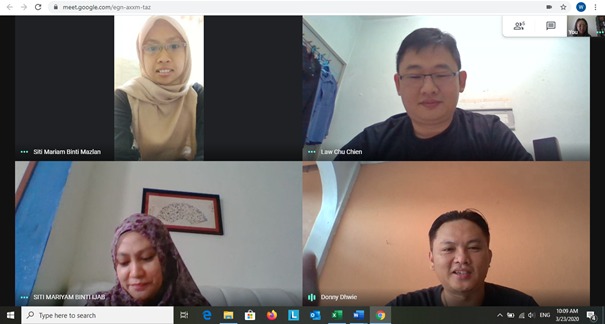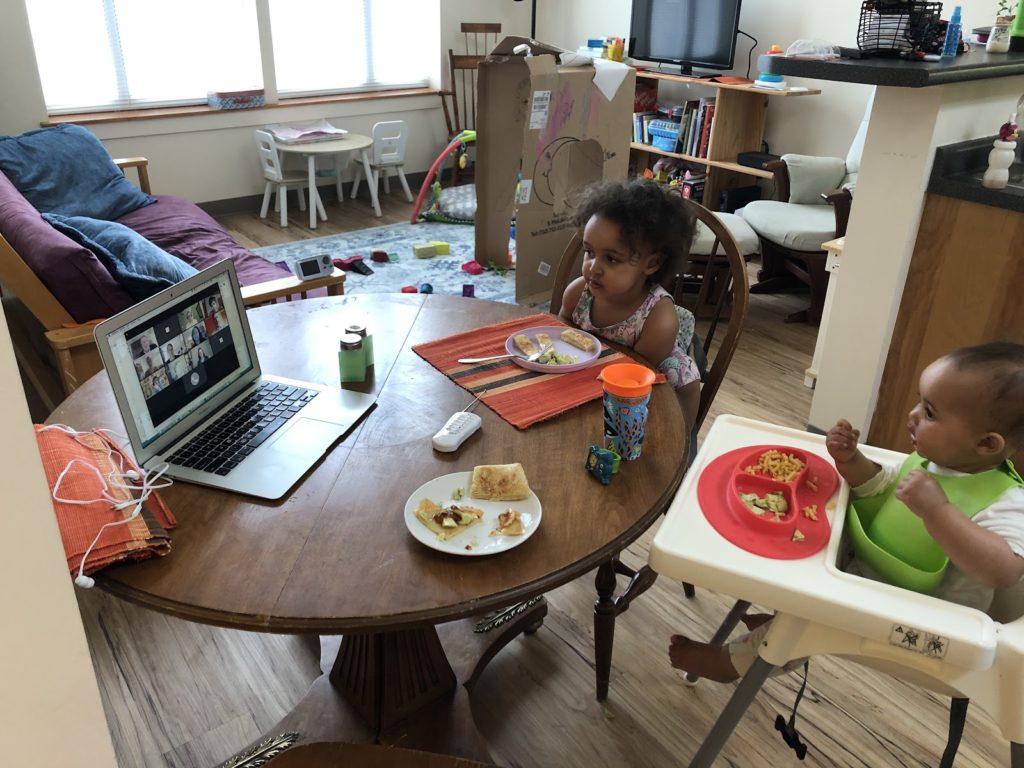
“It’s a situation that probably no one has seen in history before. It is no longer a panic created by social media, and the time is not to be in denial.” Shatadru Chattopadhayay, Managing Director of Solidaridad Asia, addressed the closing of 38 offices across the network following the declaration of a global pandemic due to the coronavirus. A disruption of this magnitude is unprecedented and has raised burning questions that professionals, families, and governments were not prepared to answer. Throughout the world, people from every walk of life are adapting to new routines, protocols, and measures.
Considering all angles
Many have found a silver lining – from attention on improved hygiene practices that we can carry on even after the pandemic, to quality time with family members, and the little perks of working from home. Indeed, most Solidaridad employees are now working remotely as they practice social distancing, and follow guidelines put in place by their countries of residence.
However, for a huge percentage of the world’s population, silver linings are hard to find. The effects of COVID-19 exacerbate inequalities, leaving already vulnerable populations in a frightening situation.
The virus will be another source of impoverishment and reinforce existing factors, in turn limiting the ability of vulnerable households to escape from – and stay out of – poverty” – Jeroen Douglas, Executive Director at Solidaridad Network, “Solidarity in Corona Times”, LinkedIn, 22 March 2020.
For Solidaridad, and all organizations working to reduce inequity, the question remains how to stay engaged and ensure that programming continues in the face of important public health measures. In particular, how to do so when the staff themselves are simultaneously grappling with dramatic change in their own lives and communities.
A balancing act

Rebecca Kaduru, Managing Director of Solidaridad North America, considered the delicate balance of meeting needs across every level of the organization and programming.
“The most challenging impact on North America, and many of our colleagues across the globe, is suddenly having to balance work and childcare. We are doing our best to ensure that our employees can work flexible hours and still be present for their families.”
In a rapidly changing environment – both internally and for our projects and partners across the world – the best we can do is ensure our staff and the farmers, miners, and workers across our program portfolio have the support they need during these challenging times” – Rebecca, Solidaridad North America
What it means to “carry on”
In South America, programme teams are adapting outreach efforts to address basic coronavirus prevention. In Asia, staff are making phone calls to beneficiaries in the place of in person visits. In South Africa, offices are providing additional health and hygiene resources and adjusting visits to the field. And, in all regions, Solidaridad teams are closely monitoring the changing public health situation, while staying tuned into the economic and social trends impacting their beneficiaries.
Solidaridad joins the rest of the world in trying to answer difficult questions, and preparing for future obstacles. While the exact trajectory and ripple effect of the pandemic remain ongoing points of discussion among experts from nearly every sector, this particular moment in time, alone, will likely have lasting effects on the way we plan, work, and interact with each other.
